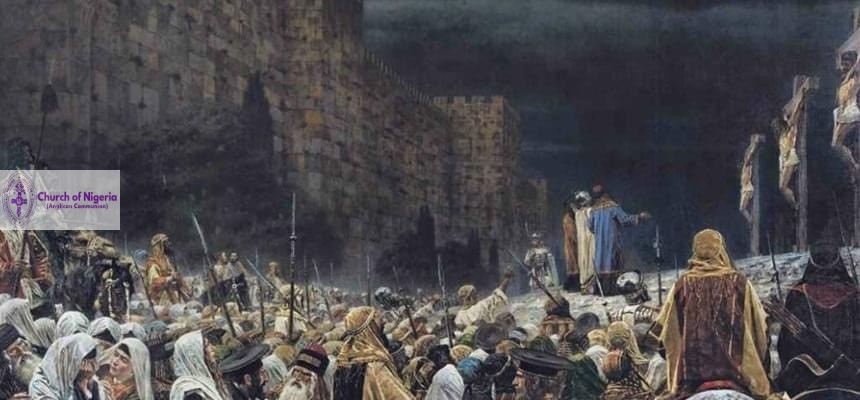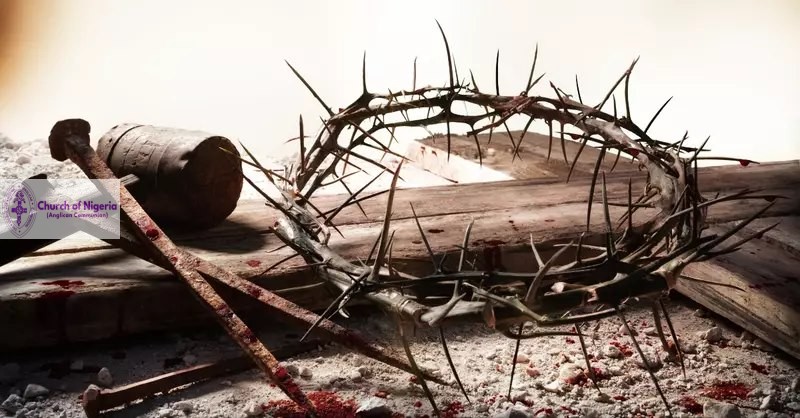- Ven. John Hassan
- April 2, 2021
- 0 Comments

Khataza Gondwe
Holy Week, and an earlier post and several events have got me thinking of the characters that appear at vital junctures in every movement for change.
There are those who, at some level, have been co-opted into the system that requires change, who will oppose the movement, like the chief priests and elders, even though they acknowledge it needs to change – but on their terms. So they will seek ways of destroying, as it threatens their relatively privileged position.
There are those within the system itself, like Pontius Pilate, who deep inside recognise the justice of the movement’s cause but will not risk their privileged positions by going against the grain.
There are those like the passers-by who are part of the system, no matter how lowly, who make it their job to insult and tear down the movement – in the press and among the general public.

There are those like Peter, who stumble at a most critical juncture, but come back strong, just as there are those like the other disciples, who legged it, but also returned to continue the struggle.
There are those like Simon of Cyrene, whose first encounter with the movement is at a critical juncture, and who immediately render much needed assistance.
There are those, like Joseph of Arimathea, who quietly support from afar and then render assistance at a critical moment.
There are those those like Mary Magdalene, Mary the mother of James and Joseph, and other unnamed women – invariably women – who remain steadfast, regardless of the circumstances.
There are those, like the Roman soldier, who are part of the unjust system that needs to change, but are persuaded suddenly of the veracity of the movement’s cause by a key event that occurs at a critical juncture.
There are those like the two thieves or rebels, who opposed the system in their own way. While one joins the movement at this critical juncture, the other expresses disgust at the manner in which the movement chooses to protest and continues to reject it.
And then there are Judases. There will always be Judases who, at a critical juncture betray, or are persuaded to betray, the movement out of misplaced conviction, self interest or even fear – and almost invariably with a measure of financial gain.










